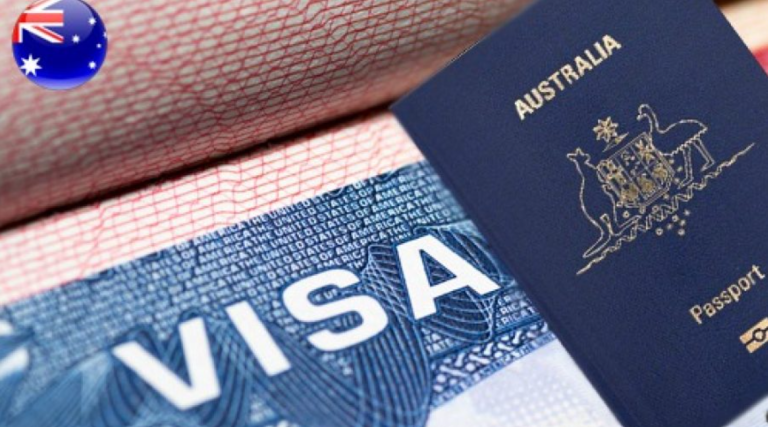Australia has introduced stricter controls over its student visa applications which limits its post-study work rights policy for international students, which will take effect from the middle of this year.
These measures will ensure that visas are primarily used for education, rather than as a means to obtain long-term residency.
This comes in the aftermath of a major policy shift in December to halve its migrant intake over the next two years, following a record net immigration of 510,000 in 2022-23.
Nairametrics learns that projection indicate a reduction to approximately 250,000 in 2024-25 and 2025-26, aligning with pre-Covid figures.
Previous post-study work rights
A report revealed plans to “tighten visa regulations for international students and low-skilled workers” as part of reforming a “broken” migration system, with about 20% of international student visa applications being denied in the latter half of 2023, marking a three-year high.
Australia had introduced plans on July 1 last year to enhance post-study work rights for international graduates in certain critical skill shortage areas, offering an extra two years on their Temporary Graduate visa to “bolster the pathway to skilled employment.”
For undergraduate, master’s, and PhD students in specific programs, their stay was extended to 4-6 years based on their level of education. These periods will now be adjusted back to the initial 2-3 years, as declared by Australia’s Department of Education last week.
However, this policy is being reevaluated in light of Australia’s evolving economic circumstances and other factors, leading to the discontinuation of the extension for international higher education graduates from mid-2024.
This decision is part of a larger migration strategy by the Australian government to elevate the integrity and quality of its international education system.
What the current policy says
The current strategy includes the introduction of a “Genuine Student Test,” stricter control over student visa applications, heightened English proficiency requirements, a trimmed list of accredited courses, and limits on changing courses.
Additionally, the English language requirement for the Temporary Graduate visa will increase from an IELTS score of 6 to 6.5, the age limit for applicants will decrease from 50 to 35 years, and there will be no additional extensions for post-study work rights, except for those who graduate from regional institutions.

